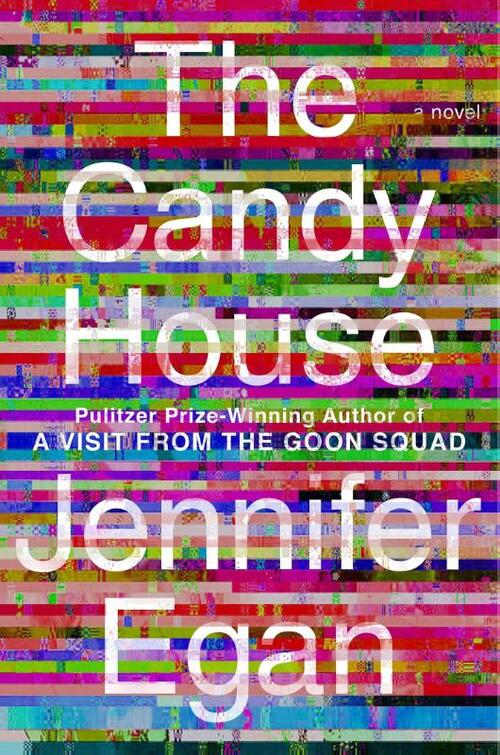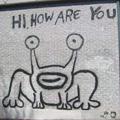Jim Brown a publié une critique de The Candy House par Jennifer Egan
back and forth
As I read this, I couldn't decide whether I was willing to go along with the conceit or not. At moments I was hooked, at others I was almost annoyed. But eventually, I saw the book as a performance of a network of people and stories. In a way, it reminded me of what Bruno Latour says about writing (I think in Reassembling the Social, but I'm not 100% sure of that). I'm paraphrasing, but he suggests that a fair and accurate account of a network requires writing that is sort of like a network too, writing that resists the desire to fall into narrative. This book does some of that kind of work.
I also didn't realize it was a follow up/sequel of sorts, though you didn't need to read the first one to understand this one. I might go back to A Visit from The Goon Squad …
As I read this, I couldn't decide whether I was willing to go along with the conceit or not. At moments I was hooked, at others I was almost annoyed. But eventually, I saw the book as a performance of a network of people and stories. In a way, it reminded me of what Bruno Latour says about writing (I think in Reassembling the Social, but I'm not 100% sure of that). I'm paraphrasing, but he suggests that a fair and accurate account of a network requires writing that is sort of like a network too, writing that resists the desire to fall into narrative. This book does some of that kind of work.
I also didn't realize it was a follow up/sequel of sorts, though you didn't need to read the first one to understand this one. I might go back to A Visit from The Goon Squad at some point.


